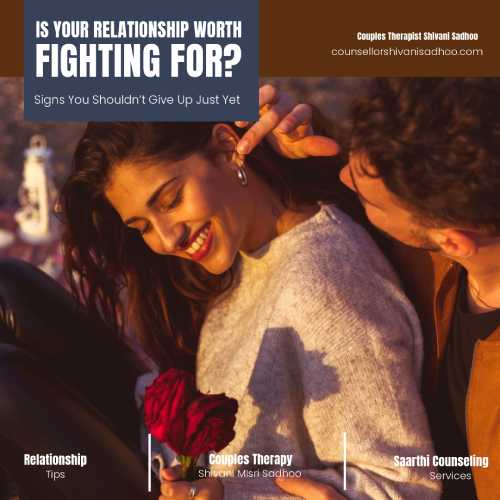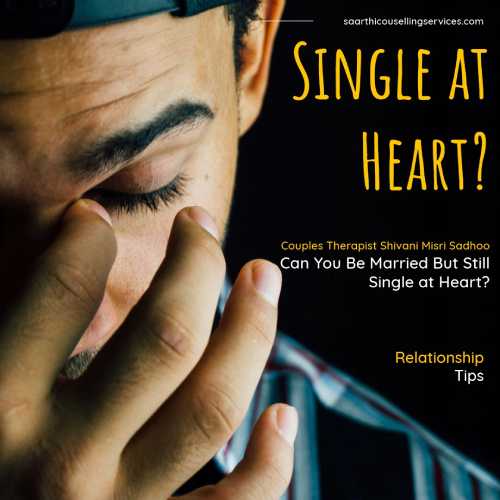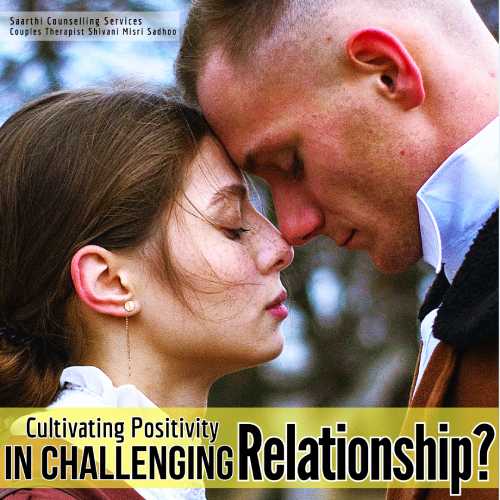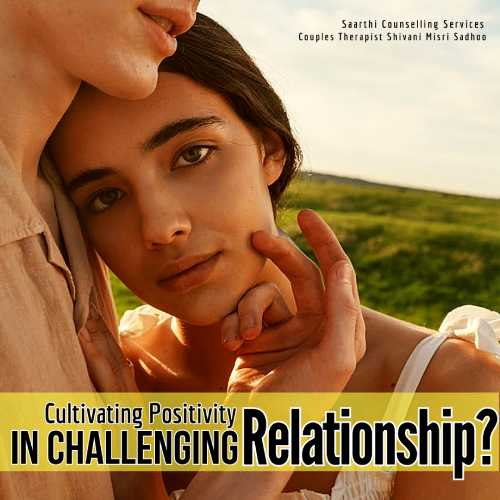Dealing with an angry partner can be challenging, but it is essential for maintaining a healthy relationship. Anger, if not handled properly, can lead to misunderstandings, hurt feelings, and a breakdown in communication. However, by approaching the situation with care and understanding, you can not only diffuse the immediate tension but also foster a deeper connection and trust between you and your partner.
What are some of the ways to deal with when your partner is angry?
Here are five relationship tips to help you navigate this difficult situation and strengthen your bond, ensuring that your relationship remains resilient and supportive even in times of conflict as explained by one of the leading couples therapists in Delhi, Shivani Misri Sadhoo.
1. Listen Actively and Empathetically
When your partner is angry, the first step is to listen actively. Show that you are genuinely interested in understanding their perspective. This involves:
- Maintaining eye contact: This shows you are present and paying attention.
- Nodding or using verbal acknowledgments: Small affirmations like “I see” or “I understand” can help.
- Reflecting back: Paraphrase what they are saying to ensure you understand and to show that you are listening. For example, “It sounds like you are upset because…”
2. Stay Calm and Composed
It is crucial to remain calm when your partner is angry. Reacting with anger will only escalate the situation. Here’s how you can keep your cool:
- Take deep breaths: This can help you stay calm and focused.
- Use a calm tone of voice: Speaking softly and slowly can help de-escalate the situation.
- Pause before responding: Give yourself a moment to process what they have said and to think about your response.
3. Validate Their Feelings
Validation is about acknowledging your partner’s emotions without necessarily agreeing with their point of view. This can help them feel heard and understood:
- Express empathy: Say things like, “I can see why you feel that way” or “I understand that this situation is frustrating for you.”
- Avoid dismissing their feelings: Don’t say things like “You’re overreacting” or “It’s not a big deal.”
4. Seek to Understand the Root Cause
Often, the surface issue is not the real problem. Try to dig deeper to understand what is truly bothering your partner:
- Ask open-ended questions: Questions like “What’s really bothering you about this?” can help uncover the root cause.
- Look for patterns: Is this a recurring issue? Understanding patterns can help address underlying problems.
5. Offer Solutions and Compromise
Once you understand the issue, work together to find a solution. This shows that you are committed to resolving the conflict and improving the relationship:
- Brainstorm together: Ask your partner what they think might help resolve the issue.
- Be willing to compromise: Find a middle ground that works for both of you.
- Follow through: Make sure to act on any promises or agreements made during the discussion.
Additional Tips
- Give Space if Needed: Sometimes, your partner might need time alone to cool down. Respect their need for space and revisit the conversation later.
- Reflect on Your Own Behavior: Consider if your actions may have contributed to your partner’s anger and how you can change them in the future.
- Seek Professional Help: If anger and conflicts are frequent, consider seeking help from a relationship counselor or therapist.
By listening actively, staying calm, validating feelings, understanding the root cause, and offering solutions, you can effectively deal with your partner’s anger and build a stronger, healthier relationship. Remember, every couple faces conflicts, but how you handle them can make all the difference.



















